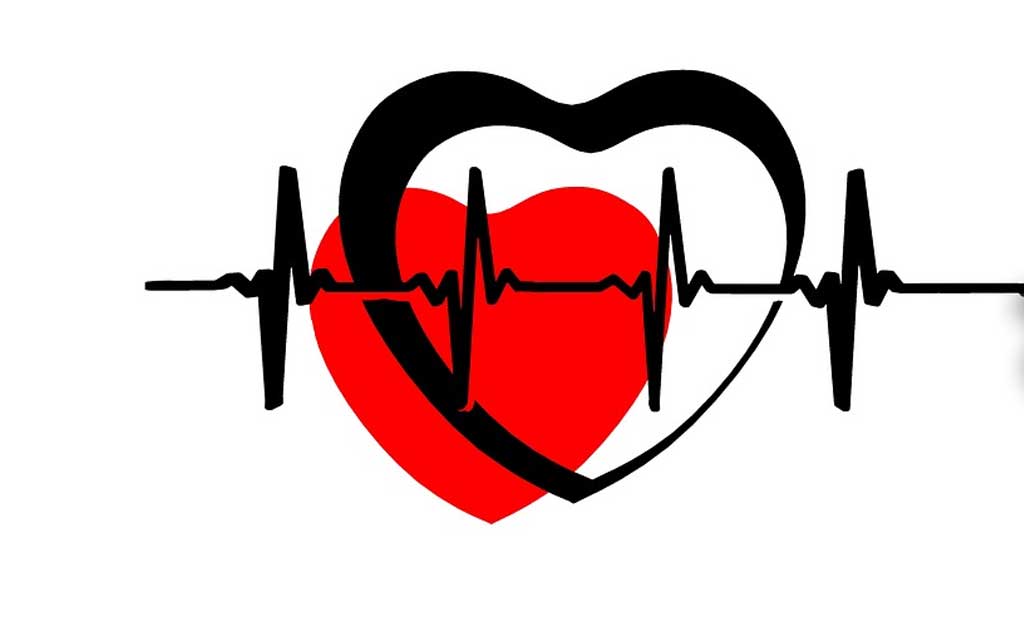By – Dr. Amit Pendharkar, Director- Non-Invasive and Interventional Cardiology, Aakash Healthcare, New Delhi
While summer is a time for enjoyment and rest, there are also potentially intensified health hazards throughout this season. As the mercury begins to rise, people may experience a decrease in blood pressure, which can have a significant impact on their overall health, especially for those with pre-existing heart conditions. The combination of heat, humidity, and dehydration can result in low blood pressure or hypotension, which can be detrimental to one’s heart health. Monitoring low blood pressure in the summer is crucial for maintaining optimal heart health and preventing serious health issues.
Low blood pressure occurs when the force of blood flowing through the arteries is lower than normal. This can result in symptoms such as dizziness, fainting, and fatigue. The hot summer months combined with increased physical activity can cause the body to lose fluids, leading to dehydration and a drop in blood pressure. Monitoring of blood pressure regularly during the summer months is essential for preventing health complications. This can be achieved at home using a blood pressure monitor or by visiting a healthcare professional.
5 Ways You Can Protect Your Face From Heat Waves This Summer | ALSO READ
Understanding the link between summer and blood pressure is crucial for keeping your blood pressure under control this season. By keeping an eye on your blood pressure levels, you can identify any changes early on and take steps to prevent them from becoming serious health issues.
Hydration is the key
Staying hydrated is crucial for maintaining healthy blood pressure levels during the summer. Drinking plenty of fluids, especially water, helps to keep the body hydrated and prevent dehydration. It is also essential to avoid alcohol and caffeine, as these can cause dehydration and lower blood pressure.
In addition to staying hydrated, it is crucial to stay cool during the summer months. Exposure to heat can cause blood vessels to dilate, leading to a drop in blood pressure. Staying in air-conditioned rooms or shaded areas, wearing lightweight clothing, and taking cold showers or baths are all effective ways to cool down and maintain healthy blood pressure levels.
Eating for heart health
Maintaining a healthy diet is also important for preventing low blood pressure during the summer. Eating a diet that is rich in fruits, vegetables, and whole grains can help regulate blood pressure and prevent dehydration.
Regular exercise is essential for maintaining optimal heart health, but it is important to exercise safely during the summer months. Exercising during the cooler parts of the day, such as early morning or late evening, can help prevent overheating and a drop in blood pressure. It is also essential to stay hydrated and take breaks when necessary to avoid overexertion.
In summary, monitoring low blood pressure during the summer months is crucial for maintaining optimal heart health. Staying hydrated, staying cool, maintaining a healthy diet, and exercising safely are all essential steps for preventing low blood pressure and its associated health complications.
By monitoring your blood pressure regularly and taking steps to maintain healthy levels, you can enjoy a safe and healthy summer season. It is always advisable to consult with your healthcare professional if you have any concerns about your blood pressure or heart health.

